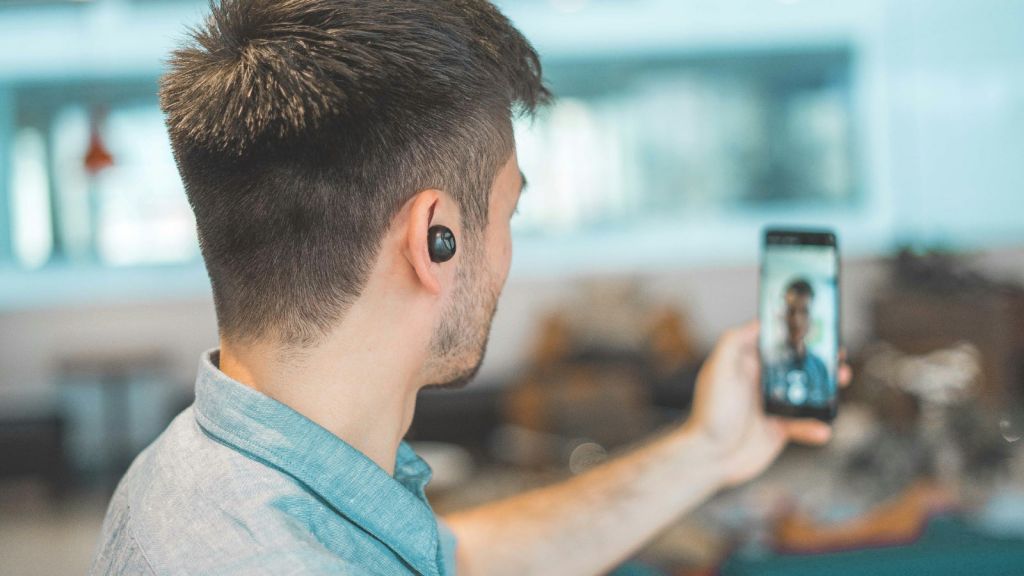 Person on work video call
Person on work video callWork video calls can be disastrous for effective communication, Dr Aaron Balick, a psychotherapist and director of Stillpoint Spaces, previously told HuffPost UK.
“People have moved to Zoom and what they think they’re doing is moving a real-life meeting onto a Zoom meeting,” he said in 2020.
But he warns “You can’t just translate one thing to the other,” adding we lose as much as 90% of social cues “we usually use” when we go screen-first.
Personally, I’m still quite a big fan of the medium. But a 2024 study published in the Proceedings of the National Academy of Sciences suggests more social struggles with video calls: a common faux pas may be making your coworkers dislike you, they say.
Bad audio can harm your rep, experts say
The researchers recorded high-quality audio of participants trying to do tasks like submitting insurance claims or applying for a job.
Then, they made the quality of some recordings worse, while keeping others clear.
They played the “better” sound to some people, and the worse sound to others. Then, they asked the listeners how they felt about the people speaking.
The researchers found that the quality of participants’ audio “can have surprisingly deep consequences for higher-level social judgments.”
Tinny audio made bosses less likely to want to hire participants, the study found.
The worse their audio was, the less “intelligence, hireability, credibility, and romantic desirability” participants were seen as having.
“Such effects may be potential sources of unintentional bias and discrimination, given the likelihood that microphone quality is correlated with socioeconomic status,” the authors add.
It’s not just your microphone
A 2020 poll found that 40% of UK employees judged their colleagues by the homes they could see in their backgrounds too.
But there’s some good news: only 12% of people say it made them see their teammates in a worse light.
25% of respondents said it actually made them like their colleagues more than before, too; still, to escape judgment, it seems a blurred background and a clear mic might be the way.


